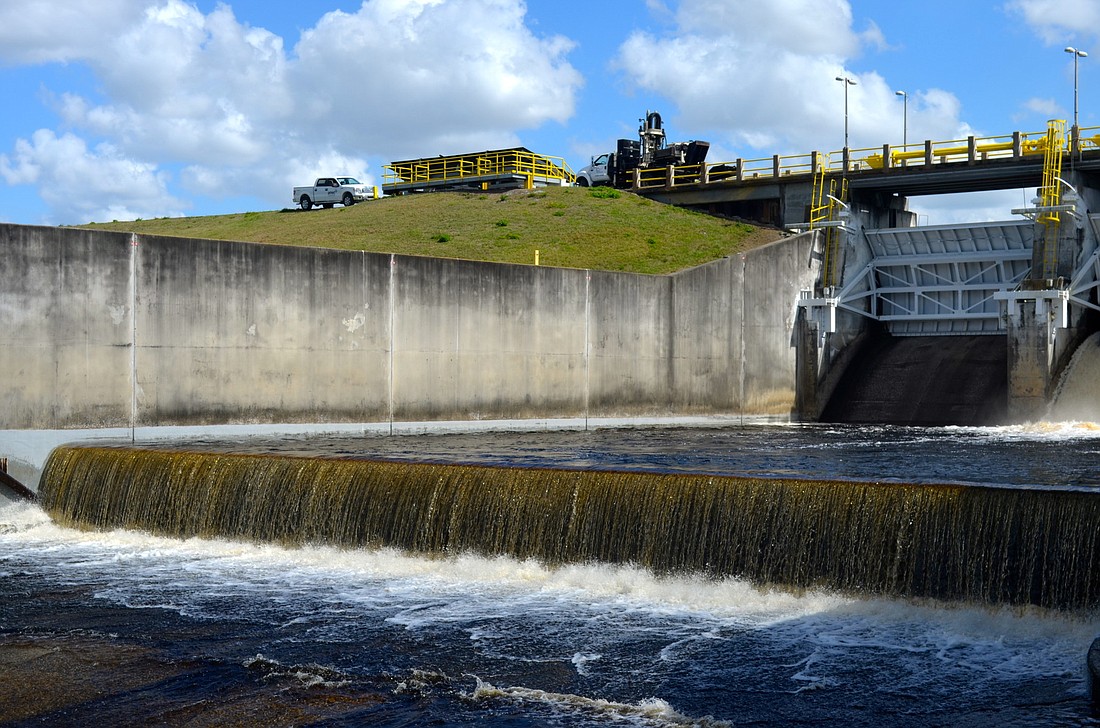- October 23, 2024
-
-
Loading

Loading

The Southwest Florida Water Management District has declared a Modified Phase I Water Shortage, meaning that residents of the district, which includes Manatee and Sarasota counties, are prohibited from “wasteful and unnecessary” water use from now until July 1, 2024.
While some counties in the district have additional restrictions, Manatee County does not.
“Currently Lake Manatee is approximately 2 feet lower than normal for this time of year,” Deputy Director of Manatee County Utilities Department Katie Gilmore said in an email. “There remains adequate quantities in the lake and our East County well-field wells to meet demands.”
The district, as a whole, received lower than normal rainfall from June to September and has a 9.2-inch rainfall deficit compared to the average 12-month total.
The last drought conditions to cause a water shortage order were in 2017. National Oceanic and Atmospheric Administration meteorologists attributed the drought to “low rainfall and record and near-record high temperatures over the winter months.”
Gilmore said the timing of the order is the most concerning aspect because lakes, streams and groundwater levels are usually in good shape after the traditional wet season, but predictions for a wetter than usual winter might help get levels closer to normal.
As of Dec. 1, Hillsborough, Pasco and Pinellas counties will be restricted to a once a week watering schedule. Sarasota County already has a once-per-week landscape watering schedule.
Research from the University of Florida found that about 40% of residential drinking water is used for irrigation.
“By cutting irrigation down to once per week, the county could save a significant amount of water,” Gilmore said. “Unfortunately, not everyone will comply with restrictions, and enforcement can pose some challenges to staff.”
Instead of enforcement, the Manatee County offers incentives. Residents can receive rebates for their water-saving investments. In the case of a rain sensor, the rebate is 100% of the documented cost.
Under Florida law, all automatic irrigation systems require rain sensors because they shut off the system when the ground has enough moisture. But things break, so the superintendent of the Utility Department’s compliance division Olga Wolanin recommends pouring water into the sensor when the irrigation system is running to test it.
“If the irrigation system doesn’t stop after 0.75 of an inch of water was applied, it’s time to replace or repair the sensor,” Wolanin said. “Homeowners can install their own device or hire a professional and get reimbursed 100% of the cost up to $150.”
If you don’t want to test it yourself, property owners are eligible for free irrigation and landscape evaluations through the Manatee County Extension Service’s Mobile Lab and Water Conservation Program.
An irrigation specialist and horticulturist assess the irrigation system and landscaping to find ways for homeowners to save water, which translates into a lower water bill, too. To schedule, call 722-4524.